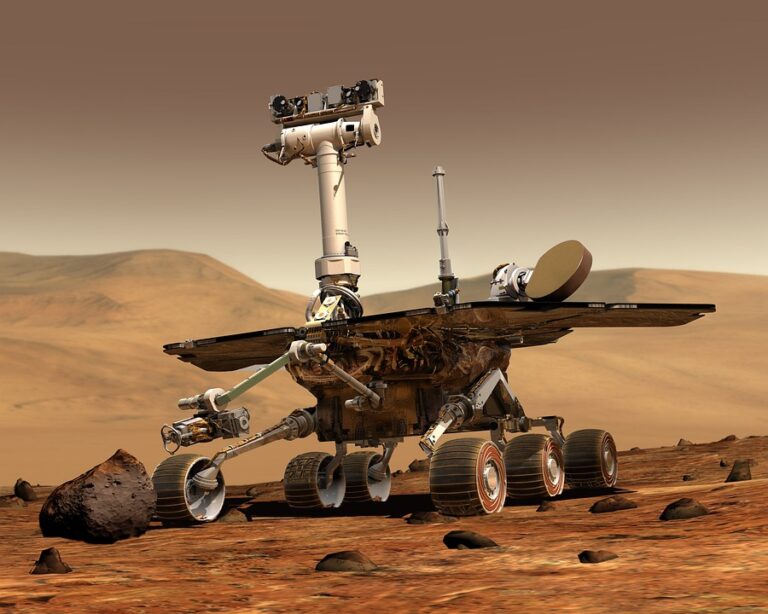The Role of Big Data in Personalizing Your Travel Experience with Travel Technology
In today’s digitally-driven world, where every click generates data, the travel industry is undergoing a significant transformation thanks to big data and travel technology. The ability to harness vast amounts of information allows travel companies to provide tailored experiences that meet the specific needs of individual travelers. But how exactly does big data personalize your travel experience? Let’s explore the ins and outs of this fascinating intersection.
Understanding Big Data in the Travel Industry
Big data refers to large volumes of structured and unstructured data that organizations analyze to uncover insights. In the travel sector, this data comes from various sources: booking systems, customer reviews, social media, and even traveler preferences collected over time. By analyzing such data, travel companies can identify patterns and trends that inform their services and enhance the traveler’s experience.
Statistics That Spotlight the Impact of Big Data
- According to a report by Deloitte, 83% of travel companies believe that data-driven decision-making will be critical to their future success.
- A survey from McKinsey revealed that organizations that effectively leverage data analytics can improve their productivity by up to 20% or more.
These statistics highlight how crucial data is for both operational efficiency and tailoring personalized experiences in the travel sector.
The Personalization Factor
Tailoring Recommendations
One of the most prominent uses of big data in travel technology is personalized recommendations. By analyzing past travel behavior, preferences, and even social media activity, travel companies can provide customized suggestions for everything from destinations to activities. For instance, if a customer regularly books beach vacations, algorithms can recommend similar coastal destinations, offering tailored itineraries that match their interests.
Enhancing Customer Engagement
Big data allows for enhanced customer engagement through targeted marketing campaigns. When an airline or hotel chain understands a customer’s preferences, they can send tailored offers that would appeal directly to them. For instance, a customer who enjoys luxury accommodations might receive an exclusive discount on a high-end hotel, while budget travelers could receive deals on economical stays. This targeted approach not only boosts bookings but also enhances overall customer satisfaction.
Improving Travel Logistics
Travel technology combined with big data plays a pivotal role in improving logistical aspects of travel. Real-time data analytics enables airlines and travel agencies to optimize routes, scheduling, and pricing. For example, when forecasting demand based on historical data, an airline may decide to increase flight frequency to a popular destination during peak seasons, ensuring that they can cater to traveler needs effectively.
How Big Data Influences Traveler Experience
Enhanced Customer Service
Travel companies are leveraging big data to improve customer service. By analyzing feedback and reviews, organizations can identify areas that may require improvement, from check-in processes to in-flight experiences. For example, if travel data indicates a high rate of dissatisfaction with a particular service, the company can address it proactively.
Dynamic Pricing Strategies
Dynamic pricing is another area where big data proves invaluable. Using algorithms, travel companies assess demand in real-time, adjusting prices accordingly. This means that travelers may find more competitive rates by booking during off-peak times and may benefit from promotional offers tailored to their past preferences. This practice not only optimizes revenue for companies but also provides more affordable options for travelers.
The Future of Travel Technology and Big Data
With innovations in artificial intelligence and machine learning, the future of travel technology is bright. These advancements allow for even greater levels of personalization as AI can learn and adapt to traveler preferences in real-time. Imagine an AI-powered travel assistant that curates daily itineraries based on your interests, location, and previous activities—this level of individuality is no longer just a dream.
Example: A Real-Life Analogy
Think of big data in travel technology as a personal shopper who knows your style and preferences intimately. Just as an expert shopper selects items tailored to your tastes, big data curates travel options that align with your desires, saving you the effort of sorting through countless choices.
Conclusion: Embracing the Power of Big Data in Travel
As big data continues to evolve, its role in personalizing travel experiences will only grow. From enhancing customer engagement to streamlining operations, the power of travel technology lies in its ability to tailor every aspect of the traveler’s journey. By embracing these advancements, both travelers and companies stand to benefit enormously, creating a win-win scenario for everyone involved.
For more informative articles on travel technology and industry insights, check out our related articles on how AI is revolutionizing travel and the future of smart travel.
For further reading on big data trends in the travel industry, visit Forbes and Deloitte Insights for expert analyses and projections.
Images Suggestions (with Alt Text)
-
Image of a traveler using a mobile app for personalized recommendations
Alt Text: Travel technology using big data for personalized travel recommendations.
- Image depicting dynamic pricing in travel booking systems
Alt Text: An example of using travel technology to analyze demand and set dynamic pricing.
Incorporating big data into travel practices isn’t just a passing trend; it’s now an essential aspect of creating memorable and personalized travel experiences.


